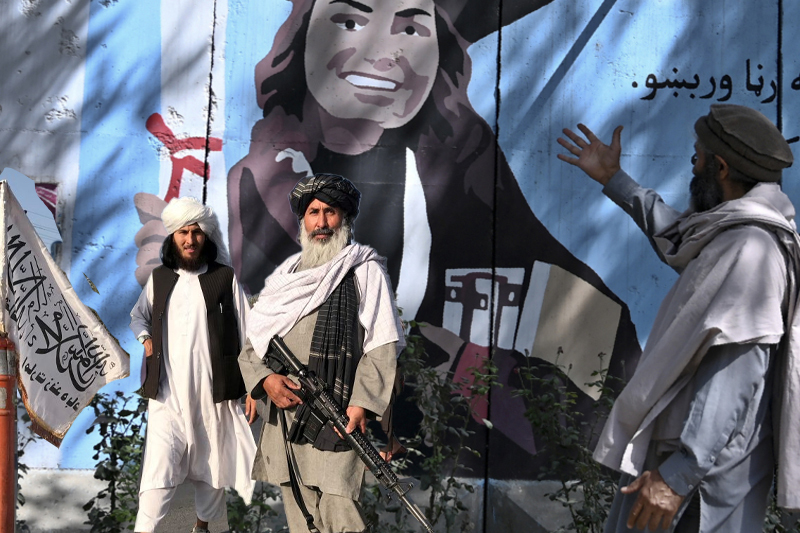
UN: Taliban’s catastrophic violations on women amount to humanitarian crimes
The latest actions by Taliban authorities in Afghanistan have constantly targeted women and girls and “should be investigated as gender persecution”, stressed the eleven United Nations appointed independent human rights experts on Friday. “In recent months, violations of women and girls’ fundamental rights and freedoms in Afghanistan, already the most severe and unacceptable in the world, have sharply increased”, they said.
Ever since the take over of power by the Taliban regime, the girls have been excluded from secondary education, and the latest restrictions include women being stopped from entering parks, gyms, and other public places. Furthermore, in at least one region, women have recently been blocked from entering universities as well. “Banning women’s access to parks also denies children the opportunity for leisure and exercise and their right to engage in play and recreational activities”, the experts pointed out. “Confining women to their homes is tantamount to imprisonment and is likely leading to increased levels of domestic violence and mental health challenges”.
Related Posts
Reports have come forward that the Taliban de facto authorities are removing women and girls’ agency by punishing male relatives for the purported offences of women – instrumentalizing one gender against the other by encouraging men to control the behaviour, attire and movement of women and girls in their circles, as mentioned by the UN News. “We are deeply concerned that such actions are intended to compel men and boys to punish women and girls who resist the Taliban’s erasure of them, further depriving them of their rights, and normalizing violence against them”, the statement underscored.
The UN appointed human rights experts have called on the de facto authorities in Afghanistan to abide by all international human rights obligations and commitments and work towards complete implementation of human rights standards, including the rights of all girls and women to education, employment, and participation in public and cultural life.




